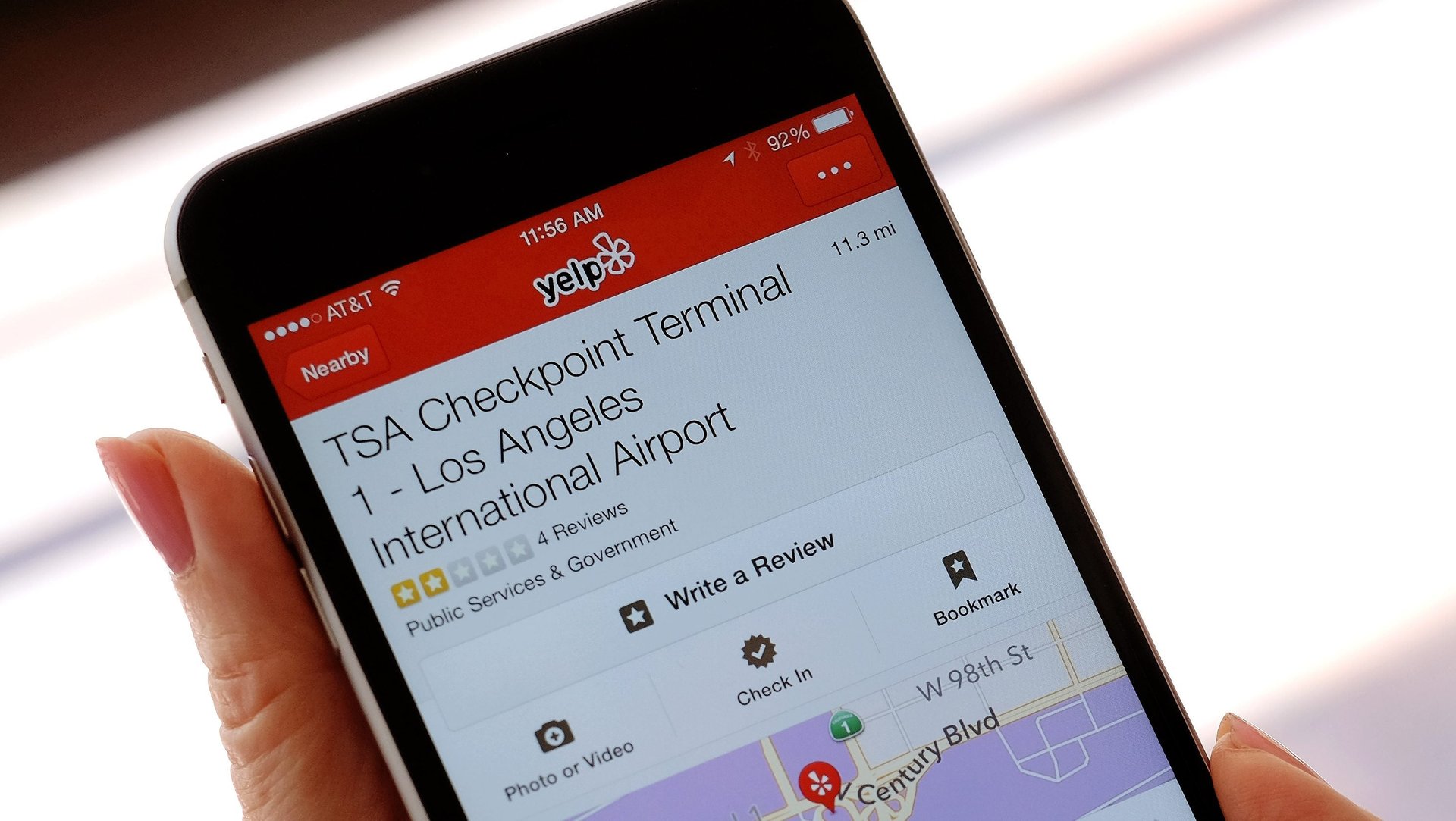A new law protects US shoppers’ sacrosanct right to leave angry reviews on Yelp and Amazon
US customers, sleep easy: Your 800-word Yelp rage is now protected by law.


US customers, sleep easy: Your 800-word Yelp rage is now protected by law.
As of this week, the business practice of hiding “non-disparagement” clauses in terms and services is illegal. President Obama signed the Consumer Review Fairness Act of 2016, outlawing contracts with these clauses, on Dec. 14.
According to the new law, a contract is void if it:
…Prohibits or restricts an individual who is a party to such a contract from engaging in written, oral, or pictorial reviews, or other similar performance assessments or analyses of, including by electronic means, the goods, services, or conduct of a person that is also a party to the contract.
Non-disparagement clauses in contracts are a kind of gag clause that restricts customers from leaving negative reviews, opening them to a lawsuit if they do so. These clauses aren’t ubiquitous, and they’re hard to enforce. You won’t find one in your iPhone terms and services, for example. But since we’re accustomed to hurriedly signing such agreements without reading them, they may be hiding in plain sight.
In February a pet-sitting company in Dallas, Texas, sued a couple for $200,000 to $1 million in damages for a one-star Yelp review, saying the couple had violated a non-disparagement clause in their service agreement. This prompted Yelp to add labels to pages of certain businesses that used “questionable legal threats.” Prestigious Pets dropped the suit in August.
Of course the new law doesn’t give anyone the right to lie; it explicitly doesn’t protect libelous reviews or public slander of a company.
The First Amendment of the US constitution prohibits Congress from passing laws that restrict freedom of expression, which includes free speech and free press. Bad reviews, however melodramatic they may be, are part of that protection.